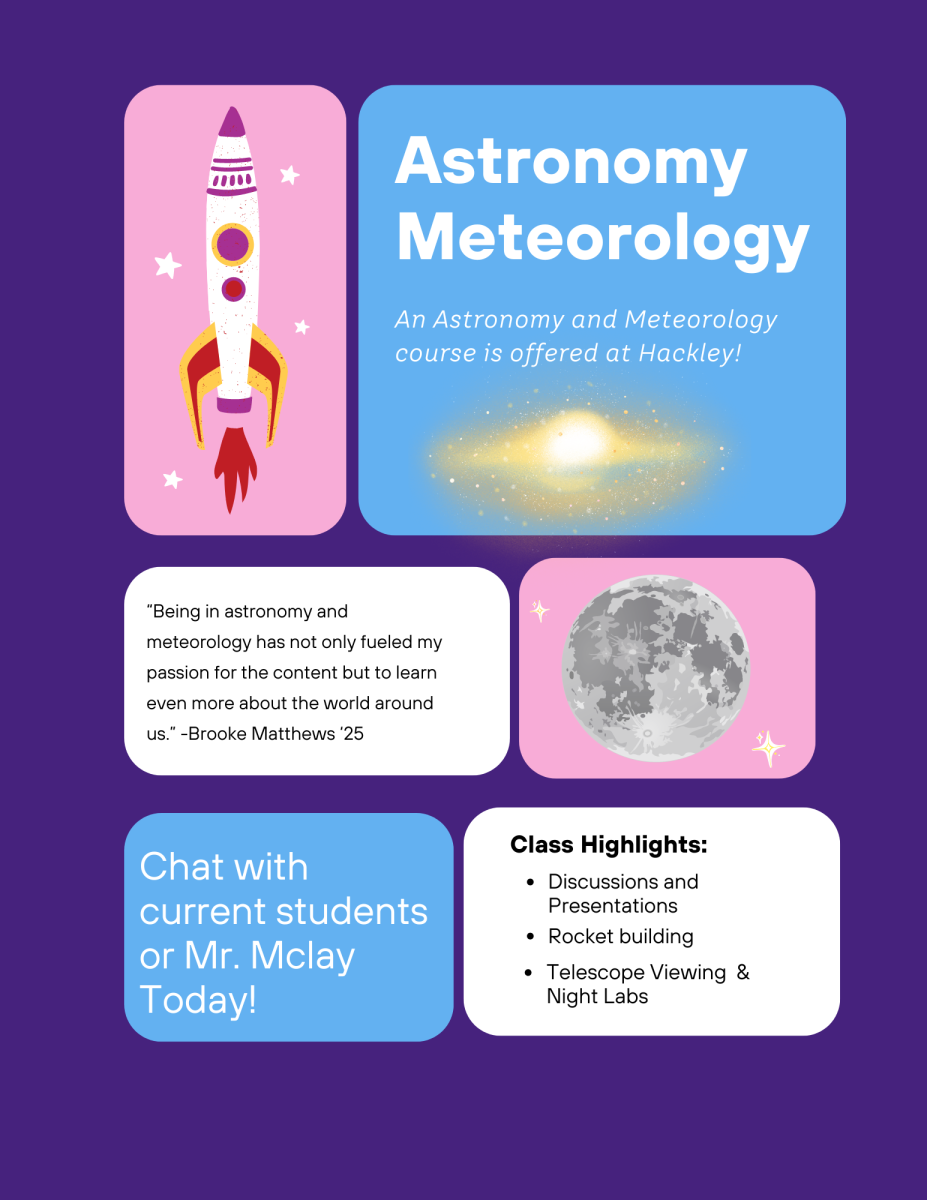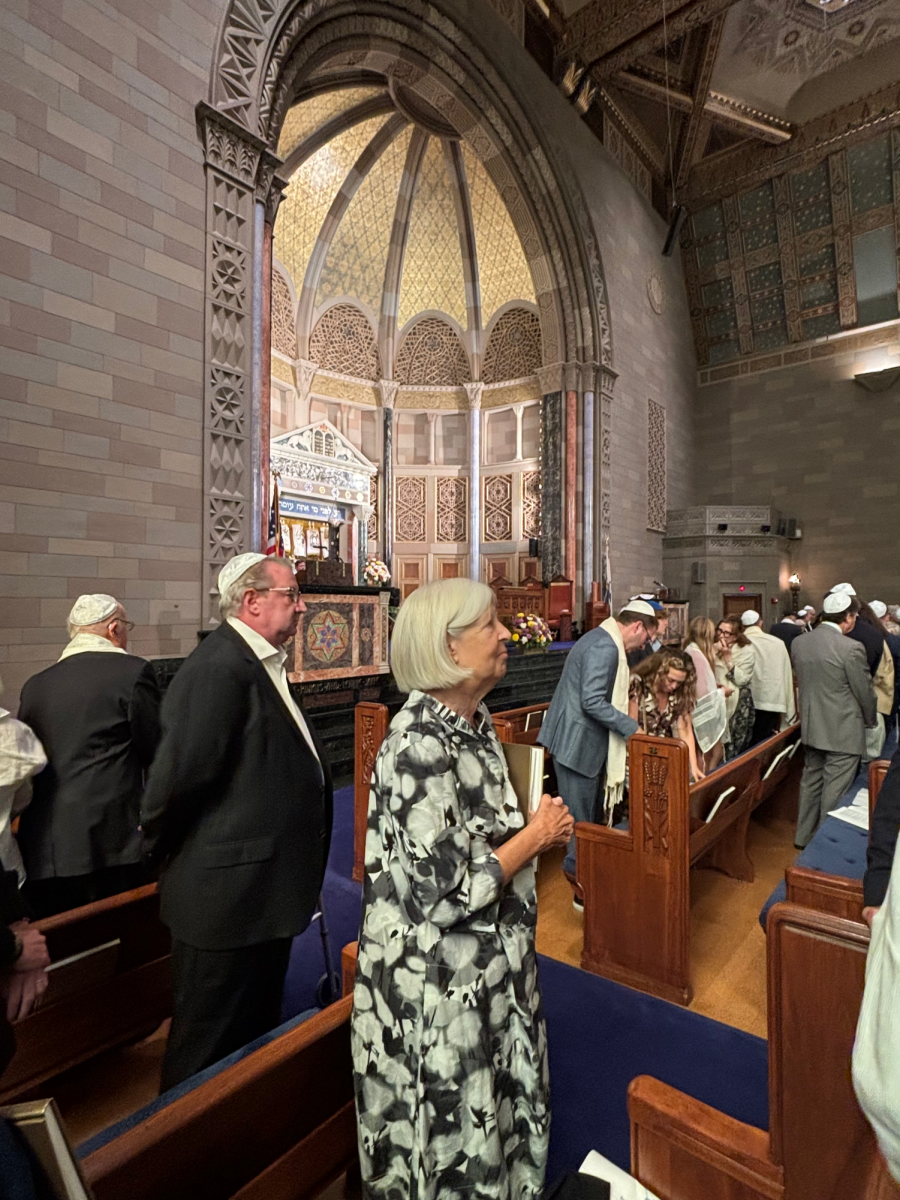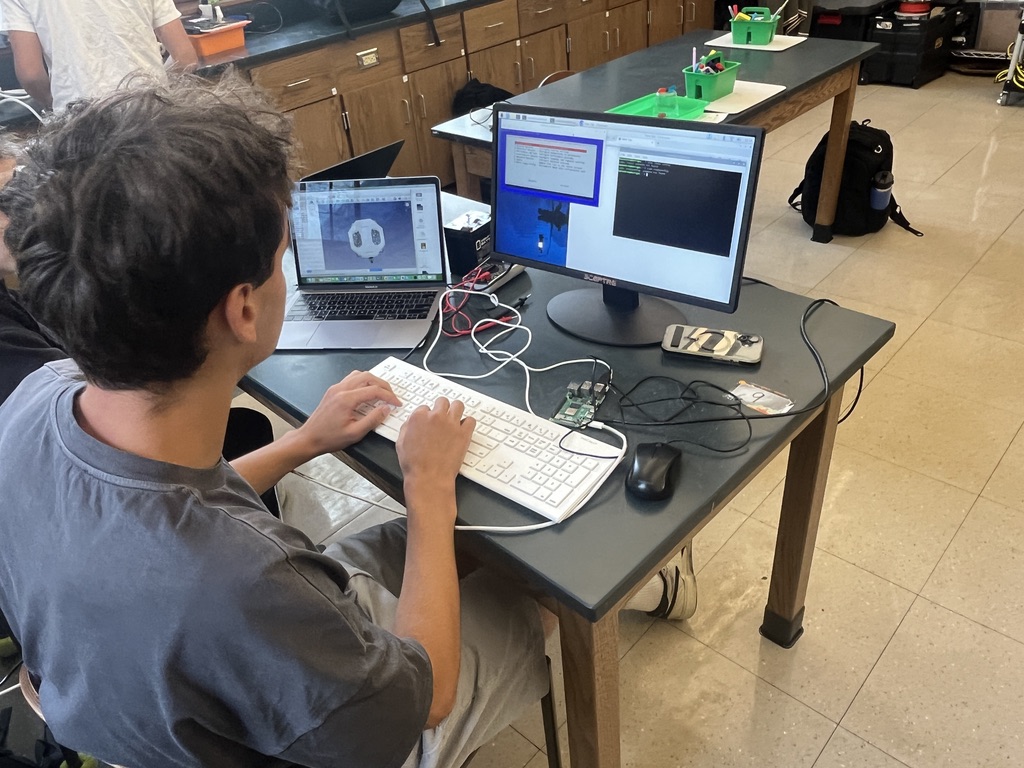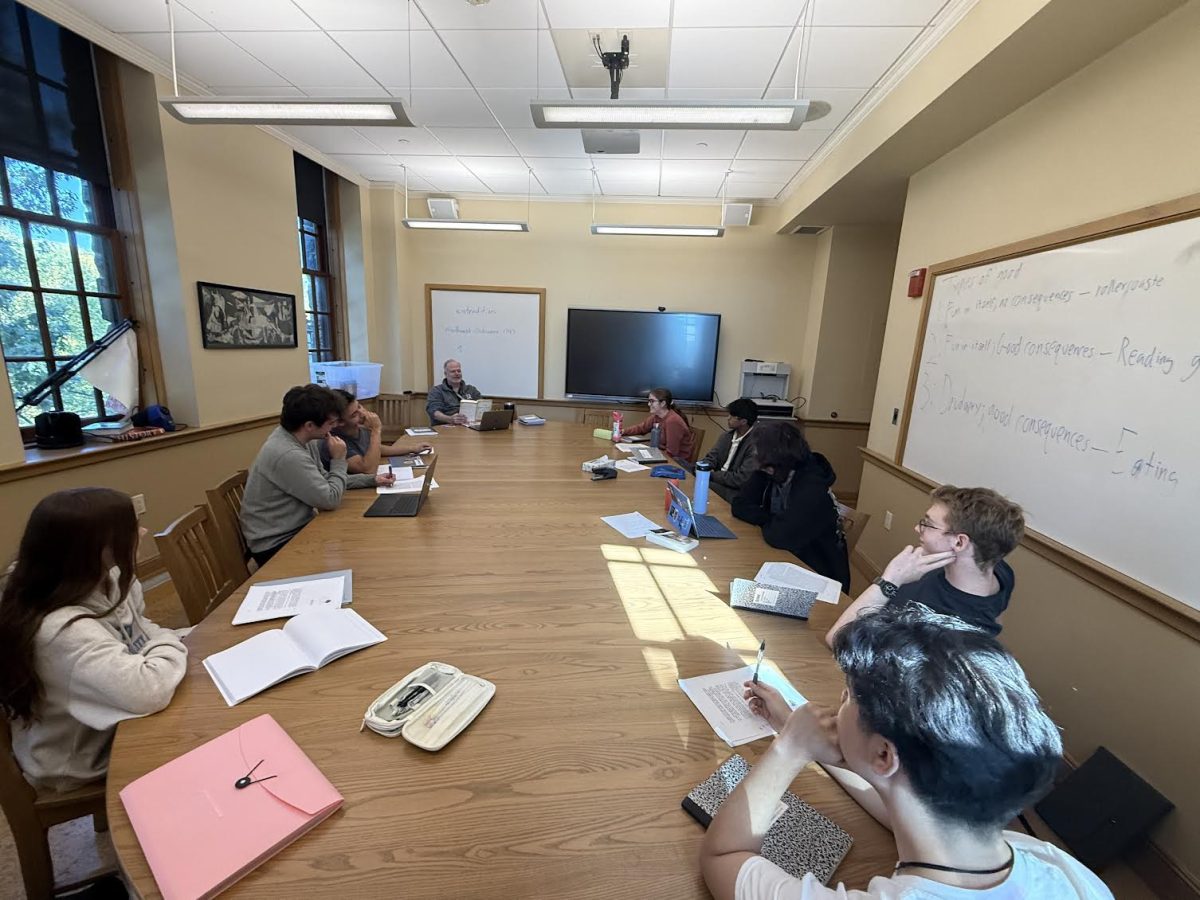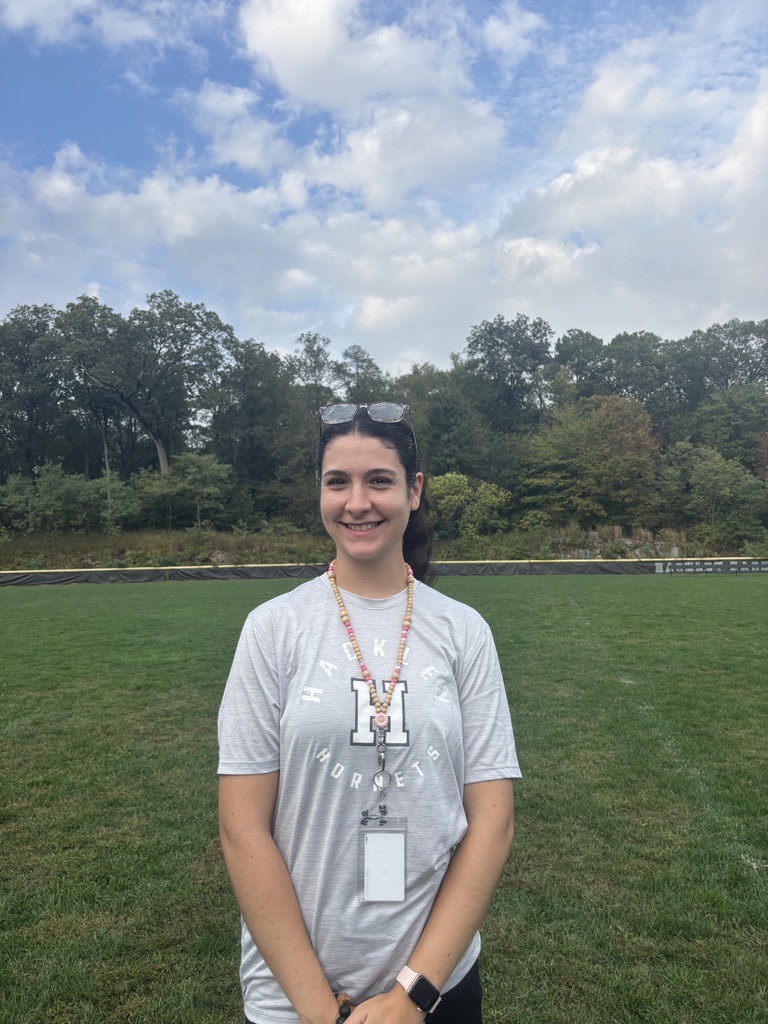Whether it’s doing nightlabs, predicting weather, or building rocket ships, the Astronomy and Meteorology course is arguably one of the most underrated and underrepresented classes offered at Hackley.
Taken in the upper school as a minor elective, and taught by science teacher Bill McLay, Astronomy and Meteorology covers a wide variety of topics ranging from rocket building, the solar system, weather phenomena, and more. This course gives students a broad overview of astronomy and meteorology and how they work together, while still emphasizing important concepts and contemporary issues. The collaborative environment allows students to share and explore their shared passions for astronomy and meteorology.
“As a HEAL (Hackley’s Earth Action League) Club Leader I know what it is like to work as a team in relation to the environment. I really appreciate the collaborative environment and small class size. One time we were able to build a rocket ship with the help of a simulation website and it was super fun and engaging,” said junior Brooke Matthews.
At the beginning of the year, students learn about what contributes to and constitutes weather. Each day of class students fill out their weather log and record things like temperature, barometric pressure, humidity, and wind speed, along with the visible weather.
“One of my favorite things about keeping a weather journal is that I can look back as early as the first day of school and look at the various patterns that have developed over the recent months. I have also started to predict weather more accurately and it is a super cool skill to have,” said Brooke.
The astronomy portion of the course is from November to February. At the beginning of the year, students primarily learn about astronomy since the nights are clearer, making it easier for students to conduct night labs. Some astronomy topics covered include the history of astronomy, the earth, the moon, the solar system, comets, cosmology, and stars and stellar evolution. Many of the students in the class appreciate the ability to dive deeper into these topics.
The study of meteorology also connects to the overarching themes of climate change globally and locally as well as humans’ response to the rise of it. This consequently leads to the study of specific weather phenomena like hurricanes, tornadoes, lightning storms, floods, and droughts. Additionally, students also study temperature, humidity, barometric pressures, and their effects on daily weather connecting full circle to their daily weather logs.

